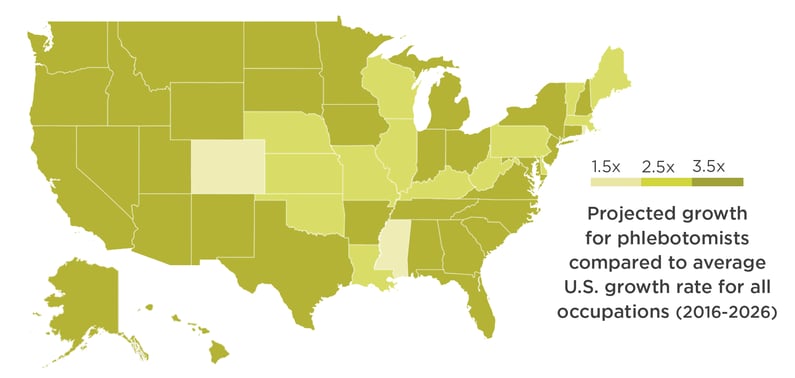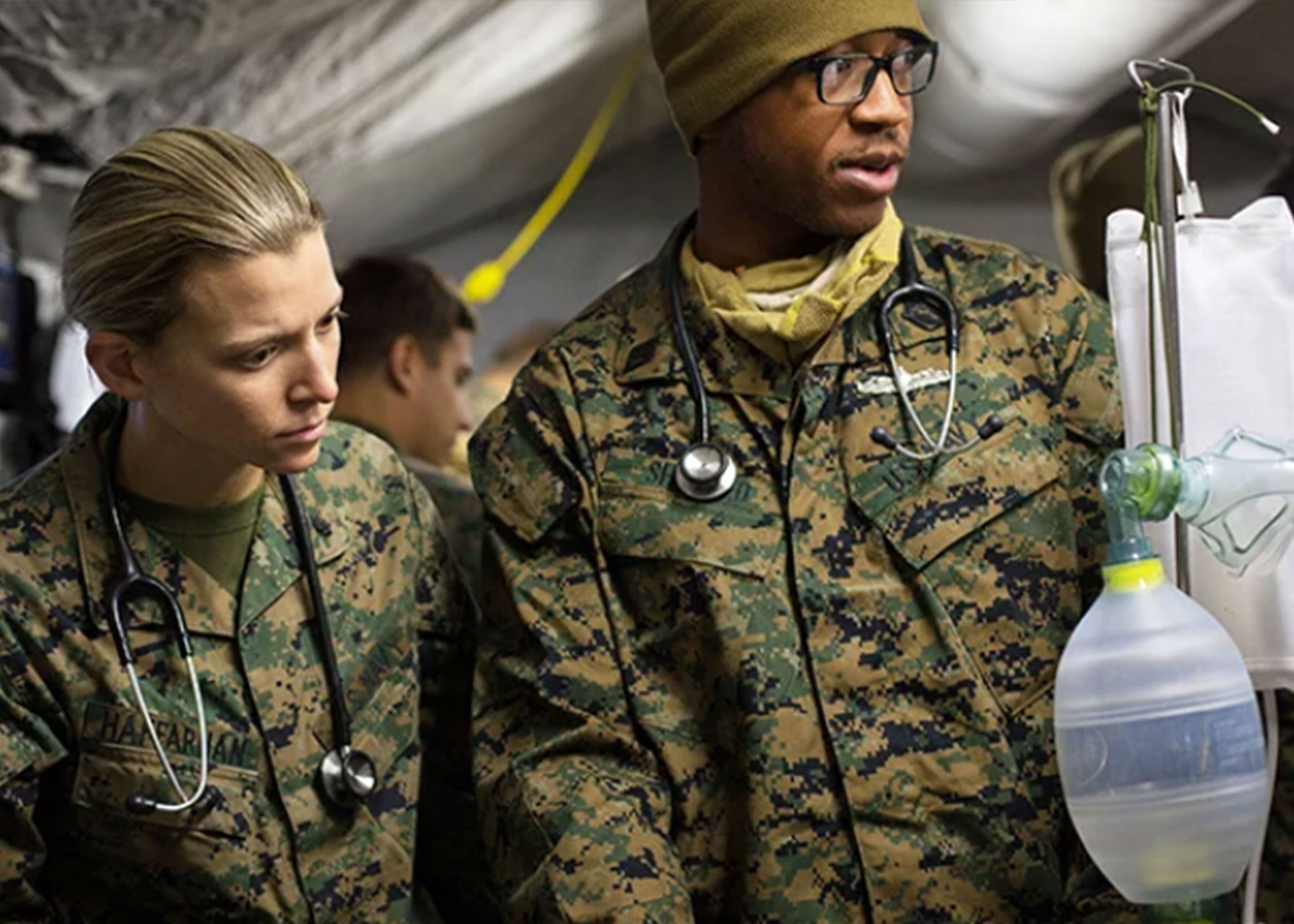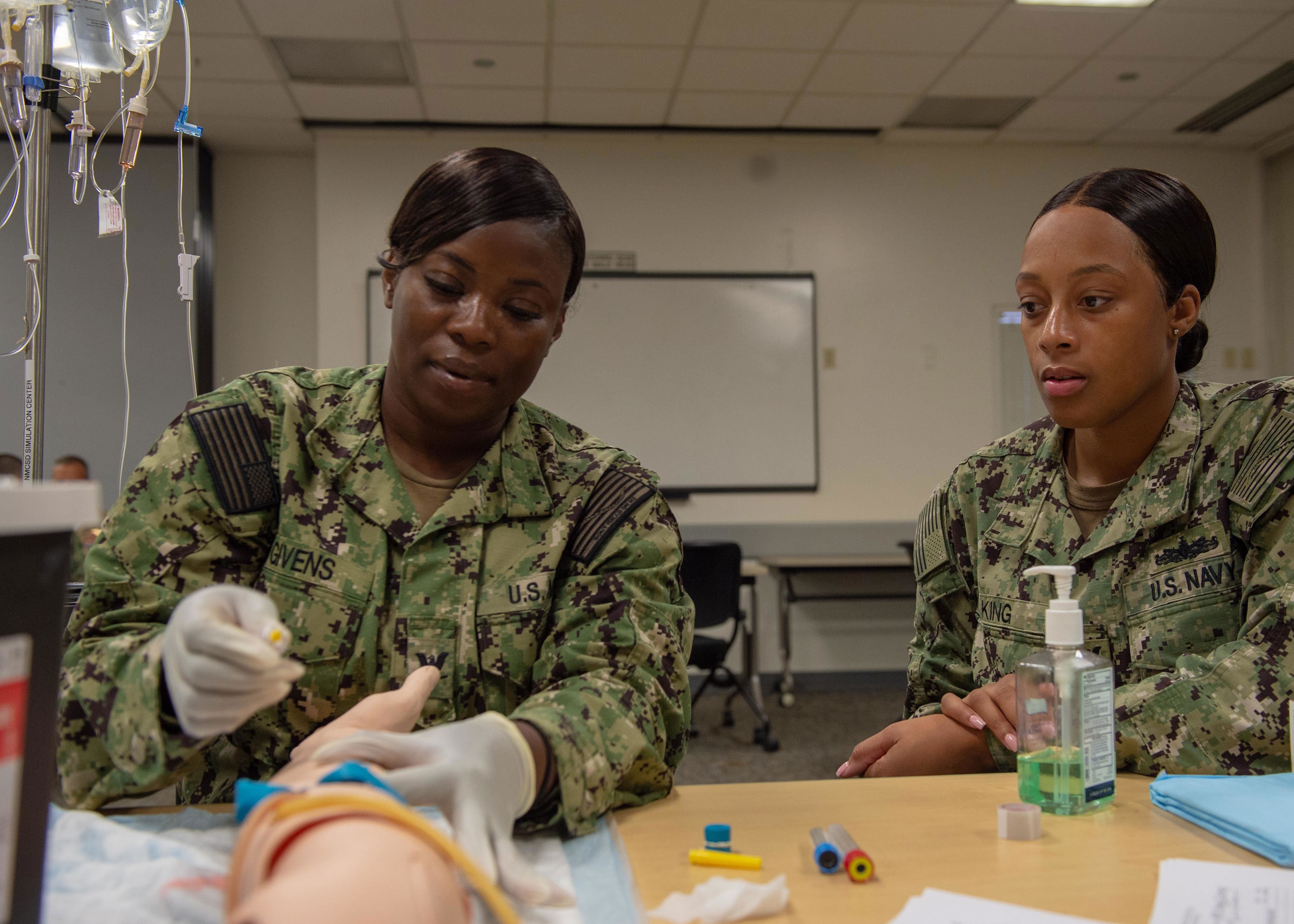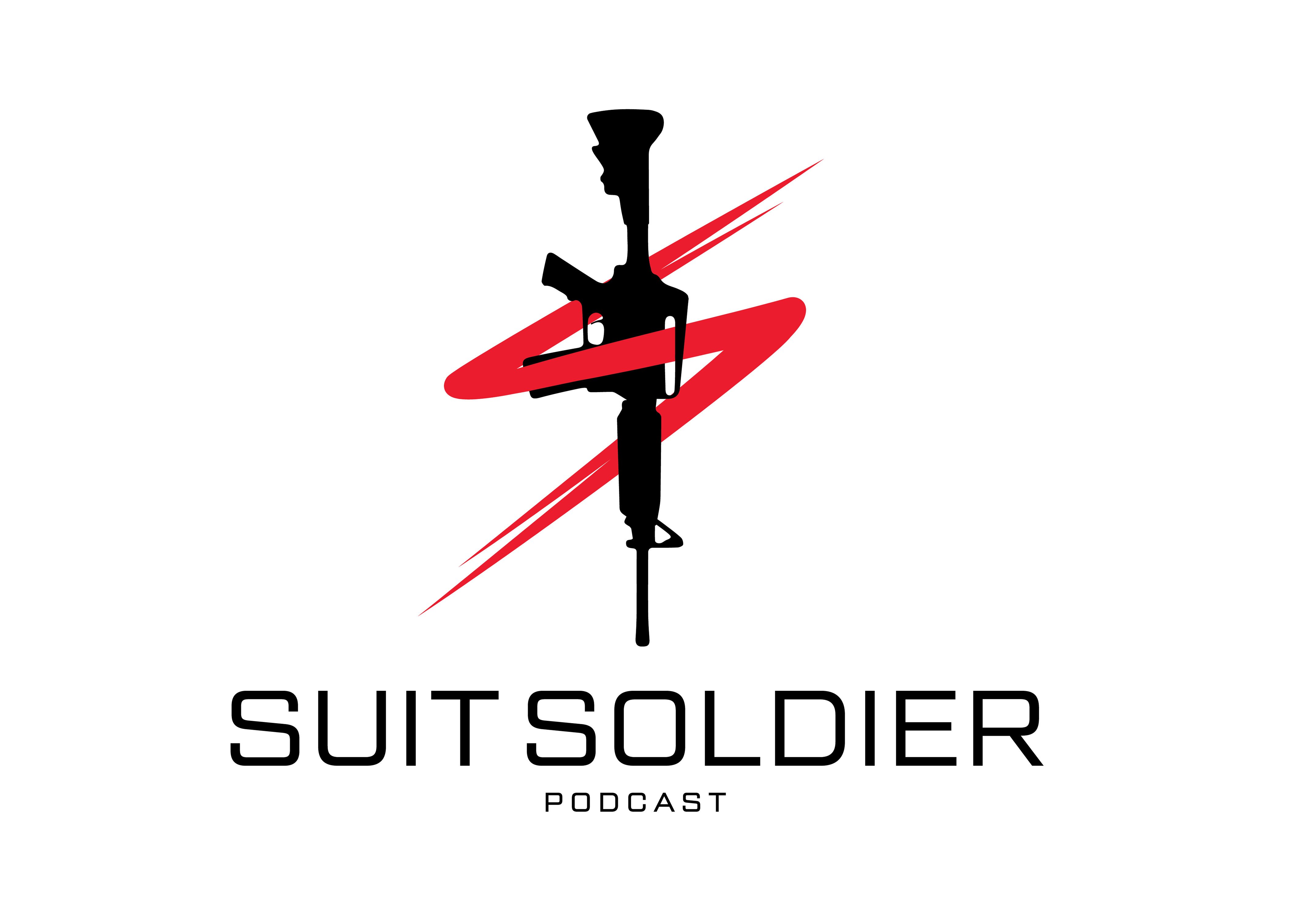Certified Phlebotomy Technician
What is a phlebotomy technician?
Phlebotomy technicians are critical team members at hospitals, diagnostic laboratories, blood donor centers and other types of healthcare organizations. Most employers seek, and many require, a professional phlebotomy certification. With a certified phlebotomy technician (CPT) certification, you’ll have the credentials you need to set yourself apart from other applicants as you embark on a rewarding healthcare career.
As a phlebotomy technician, you may perform some or all of the following tasks:
- Draw blood from patients and blood donors
- Evaluate patients’ ability to withstand procedure
- Explain blood-drawing procedure to patients and answer questions
- Perform basic point of care testing, such as blood glucose levels
- Prepare blood, urine and other specimens for testing
- Verify patient/donor identity
- Maintain medical equipment such as needles, test tubes and blood vials
Essential Skills for Success in Civilian Healthcare
In recent research, employers suggested that many phlebotomy technicians need to develop some specific essential skills. Emphasizing skills you developed through your extensive military training can help you successfully take on a medical assistant role in a civilian healthcare practice. The top five skills employers emphasized include:
- Clinical experience
- Critical thinking
- Patient communication
- Professionalism
- Safety and compliance
Demand for Phlebotomy Technicians Across the US
Across the U.S., phlebotomy technicians are in high demand. Project growth for this profession 24.5% by 2026, according to the Bureau of Labor Statistics. Below, you can see demand for phlebotomy technicians, state-by-state.

Level Up with Stacked Credentials and Certificates
Stacking your credentials and earning specialty certificates can increase job opportunities available to you in allied health. By earning more than one credential or certificate, you show potential employers you’re willing to go the extra mile. It proves that you’re work-ready in multiple areas, making you a versatile employee and an asset to their organization.
Depending on your specific military training, you may also be eligible to earn the following credentials:
- Certified Clinical Medical Assistant (CCMA)
- Certified EKG Technician (CET)
- Certified Patient Care Technician/Assistant (CPCT/A)
- Certified Electronic Health Record Specialist (CEHRS)
- Certified Medical Administrative Assistant (CMAA)
Reference:
State Growth Rates: Projections Managing Partnership (PMP) funded by a grant awarded by the U.S. Department of Labor. (2018).







